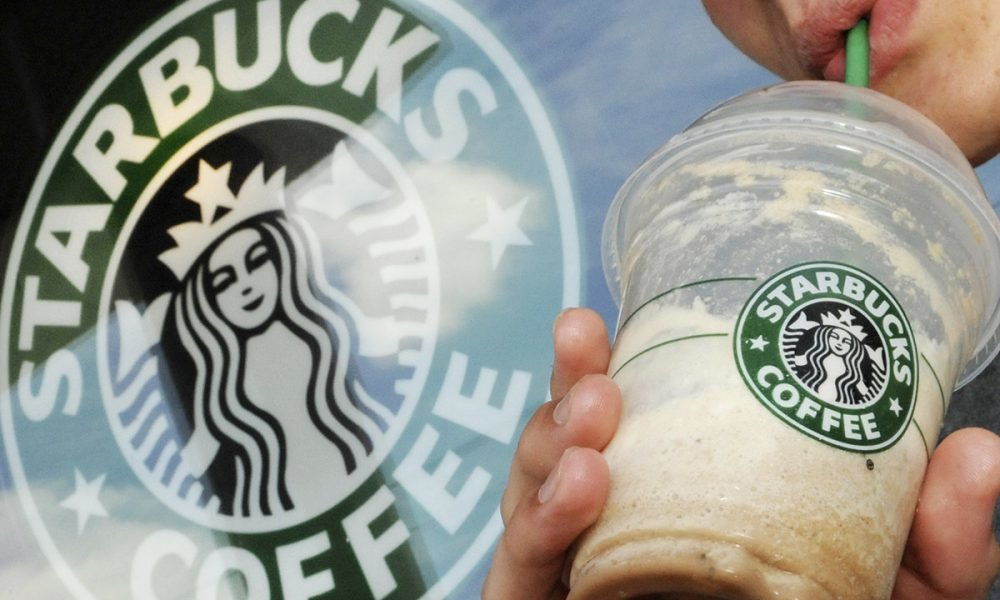
Starbucks Set to Ditch Disposable Plastic Straws by 2020

Coffeehouse chain, Starbucks, recently made an announcement about their plans to ditch disposable plastic straws by 2020. In doing so, the company estimates that it will do away with more than a billion straws in a year.

To cope with demand, Starbucks intends to make use of recyclable, strawless lids in its 28,000 stores scattered around the world. The enviro-friendly remedy is expected to be the perfect substitute in the company’s iced drinks
The only exception to this rule is going to be the Frappuccino. The popular drink is set to have a straw made from either compostable plastic or paper. Starbuck’s recent announcement aligns with the recent anti-plastic campaign around the world. For quite a while now, plastic straws were an absolute must for many frosty summer drinks and flavored sodas.
The tides have since changed due to the harmful effects on the environment the straws tend to have. Data released by Eco-Cycle has shown that Americans use about 500 million disposable straws every day. Amazingly, the fact that plastic straws are made from polypropylene, considered a recyclable plastic, many recyclers are adamant that they will not accept them.
According to Sam Athey, a pro researcher on plastics pollution and a ranking official on the Plastic Ocean Project, an NGO in Wilmington, N.C., there’s good reason for this. Athey opined that plastic straws are typically Lilliputian and lightweight.
This means that most plastic straws tend to get lost in the mix and diverted on their way through mechanical sorters. As a result of this, most plastic straws tend to get lost in the garbage and oft lead to ocean pollution and the emergence of landfills.
Environment
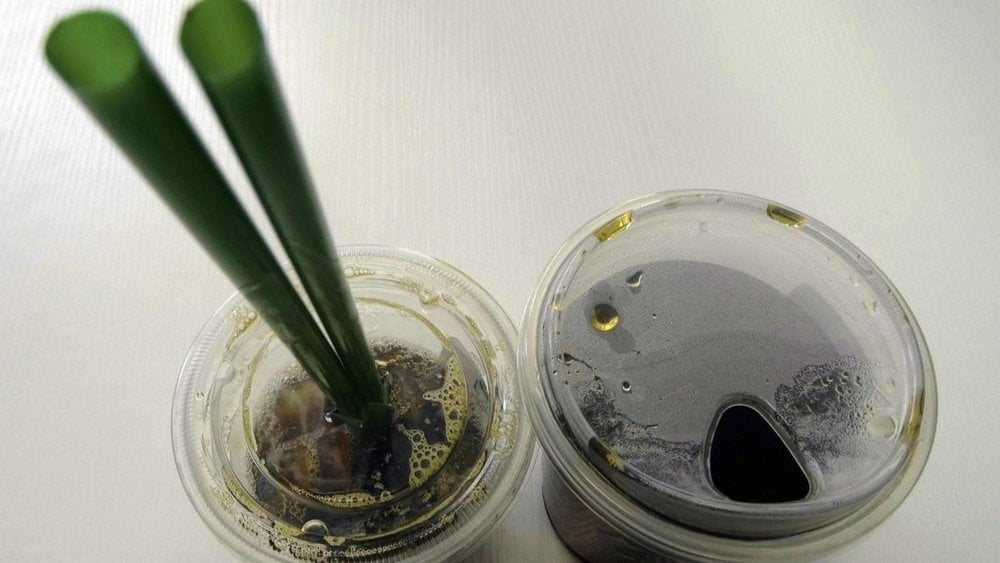
Athey shared that polypropylene straws take about 200 years before they completely break down in typical weather conditions
During the decomposition process, plastic straws tend to break into tiny pieces due to the weakening forces. Because they are small enough, Athey said that organisms are more likely to partake in the microplastics.
In addition to this, Athey mentioned that after the breakdown occurs, the surface area to volume ratio is larger. This means that these microplastics are prone to attract and absorb harmful pollutants like BPA (Bisphenol), considered a dangerous endocrine disrupter.
Information shared by the Ocean Conservancy proves that it’s nigh impossible to determine just how many straws and particles are in the world’s waterways. The document lists out that plastic straws are the most common objects in most beaches. This data was compiled after a group of volunteers managed to collect more than 9 million stirrers and straws from numerous waterways and beaches around the seven seas.
The campaign to ban disposable straws has gained momentum in recent times largely due to the efforts of quite a number of lawmakers, nonprofit organizations and online initiatives like “The Last Plastic Straw” and “Stop Sucking.” On YouTube, quite a number of videos depicting the sad state of affairs in marine shores have gone viral.
Picking the Pace
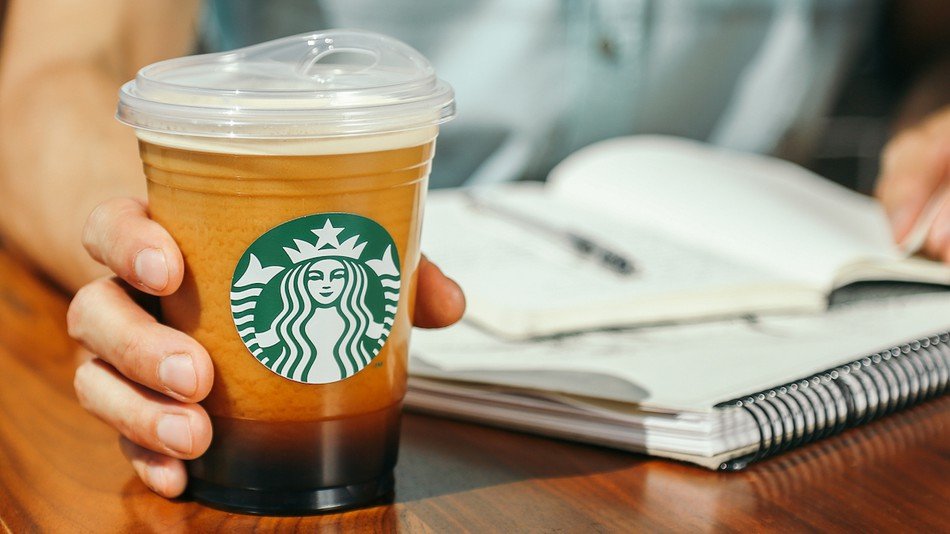
There seems to be no stopping the winds of change. A Kickstarter campaign in Los Angeles called “the world’s first collapsible, reusable straw” has attracted about $1.9 million contributions from numerous people
A recently launched documentary labeled “Straws” is now airing across the country in a bid to highlight some of the issues caused by plastic pollution. Most notably, this year’s edition of Earth Day centered on how to end plastic pollution in the world. One of the key objectives of the momentous occasion was to do away with disposable plastics.
Seattle, where the Starbucks HQs are located, became the first city in the U.S. to ban disposable plastic straws. A couple of other cities like California and Florida have been part of the campaign too since they have laws that partially ban staws. In the Big Apple, quite a number of proposals have been drafted up to get rid of disposable plastic bags and make plastic straws illegal.
Considering the fact that Starbucks netted $22.4 billion in revenue last annum, it is one of the biggest businesses to focus its efforts on doing away with disposable plastic straws. Chris Milne, a director charged with overseeing packaging sources for Starbucks, recently shared that they felt compelled to act fast considering the fact that their lids are recyclable but their straws weren’t.
More in Business
-
Why American Consumers Are Falling Behind on COVID-Era Debt
When the world was grappling with the health crisis brought on by COVID-19, the U.S. economy faced an equally formidable challenge:...
November 27, 2023 -
Dr Dre and Ex-Wife Nicole Young Finalise $100m Divorce Settlement
After months of legal proceedings, Dr Dre, the legendary rapper, producer, and businessman, officially brought his tumultuous divorce from ex-wife Nicole...
November 22, 2023 -
5 Tell-Tale Signs That It Is Time to Say Goodbye to Your Current Job
Are you feeling like your job is more like a ball and chain than a fulfilling career? The daily grind, the...
November 19, 2023 -
WWE Signs $1.4 Billion Broadcasting Contract for SmackDown
In an explosive turn of events, World Wrestling Entertainment (WWE) has just unleashed some earth-shattering news for its legions of fans....
November 9, 2023 -
Navigating the Mortgage Maze as Interest Rates Take a Historic Leap
The U.S. housing market is nothing short of a dynamic entity. It evolves, reacts, and sometimes, just like the current real-estate...
November 3, 2023 -
Celebrity Couples Where the Woman Has a Higher Net Worth
In a world where gender roles and financial dynamics constantly shift, it’s not unusual to find celebrity couples where the woman...
October 27, 2023 -
Why the Gender Pay Gap Could Be Worsening
Picture this: Two college students, Alex and Charlie. Both are bright, have the same interests, and are ready to embrace the...
October 19, 2023 -
JC Penney’s Remarkable $1 Billion Revival Plan
In a remarkable turnaround, JC Penney unveiled a bold $1 billion revival plan, breathing new life into a brand that faced...
October 12, 2023 -
Shattering the American Dream: Mortgage Rates, Inflation & Cost of Living
You know that feeling when you are dreaming of something you have wanted for so long, only to watch it vanish...
October 6, 2023

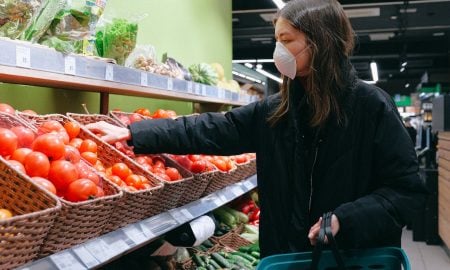


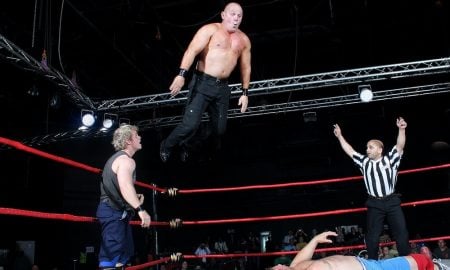






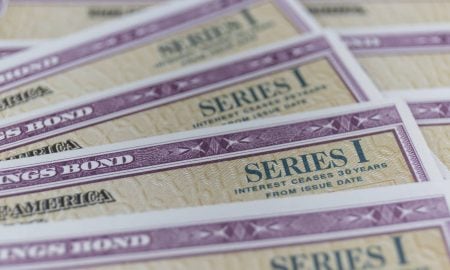



You must be logged in to post a comment Login